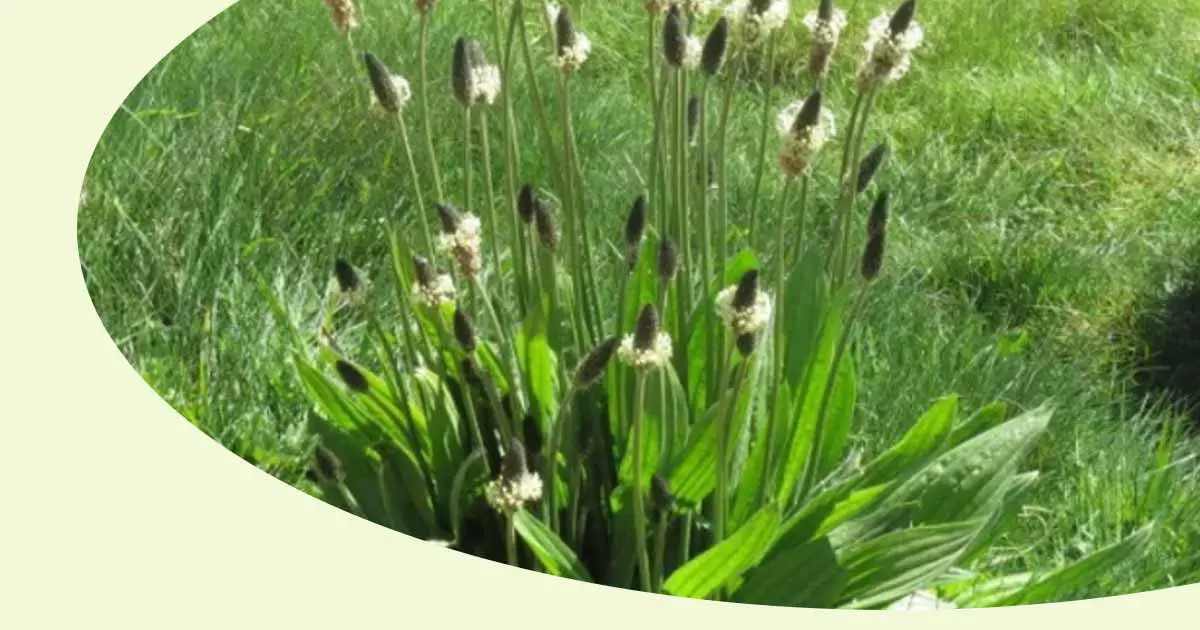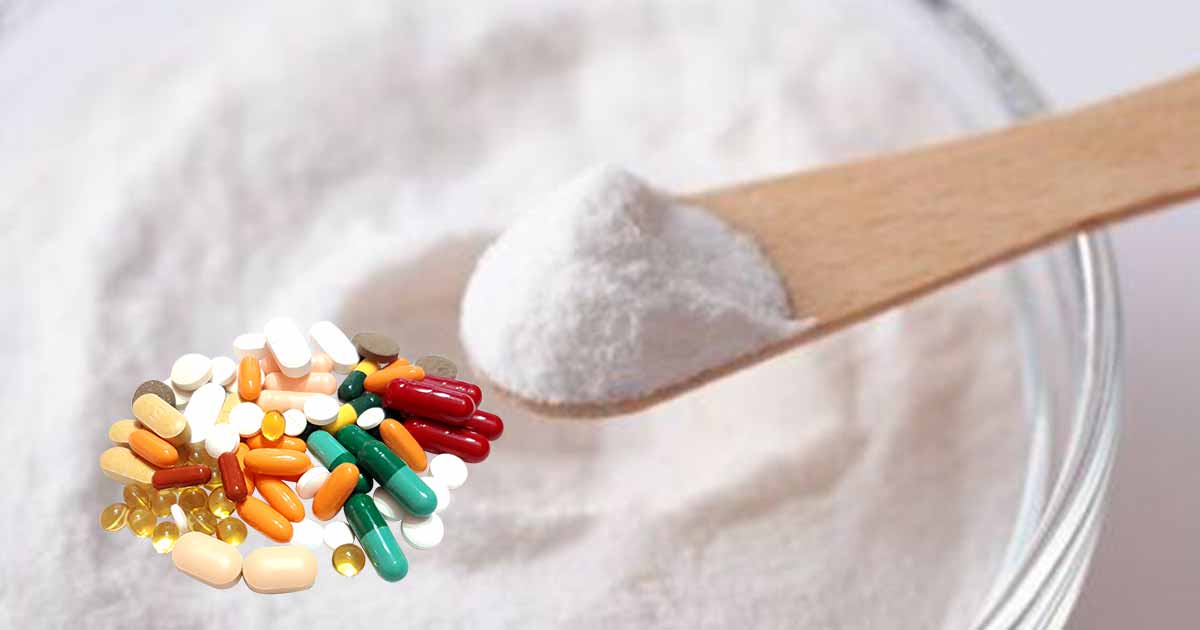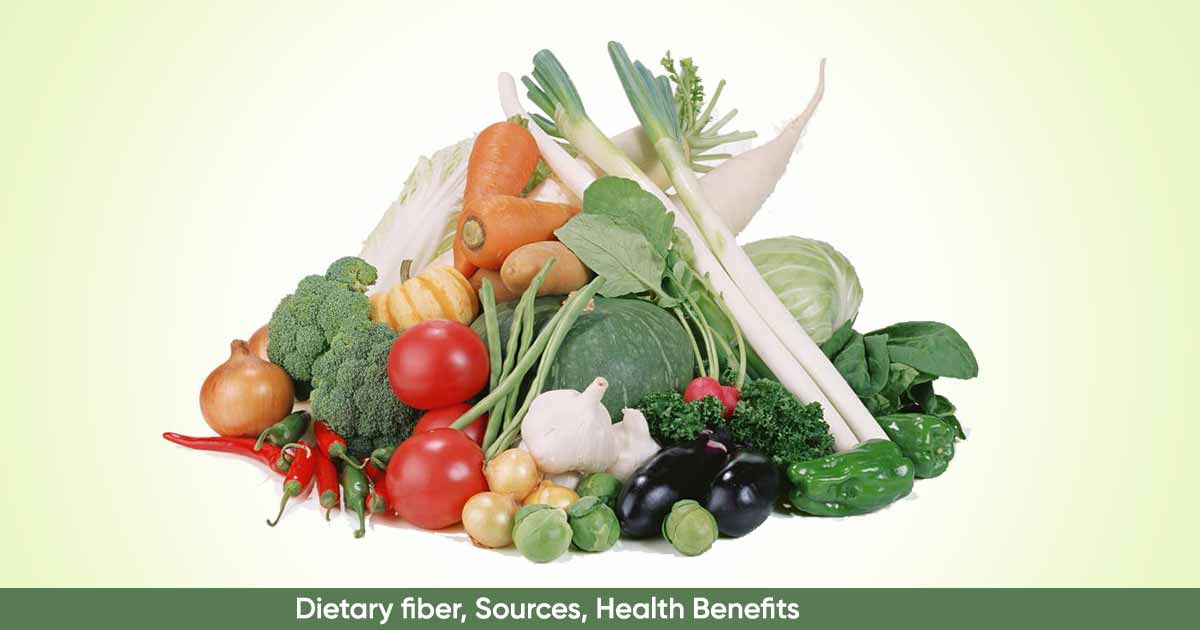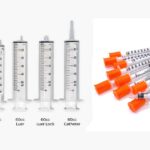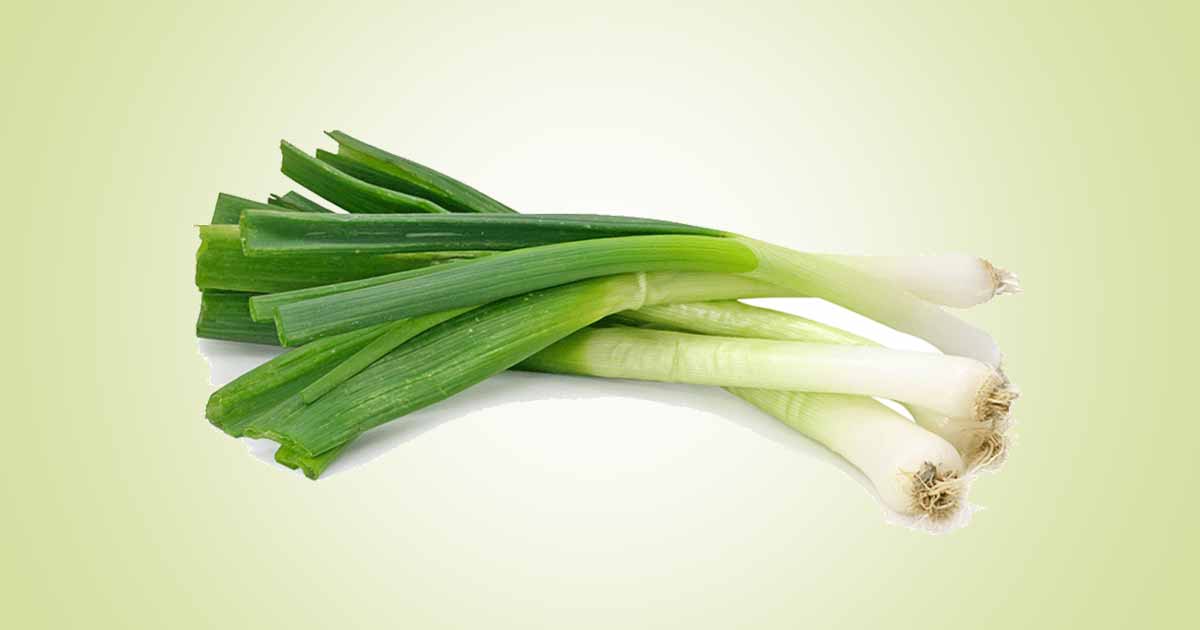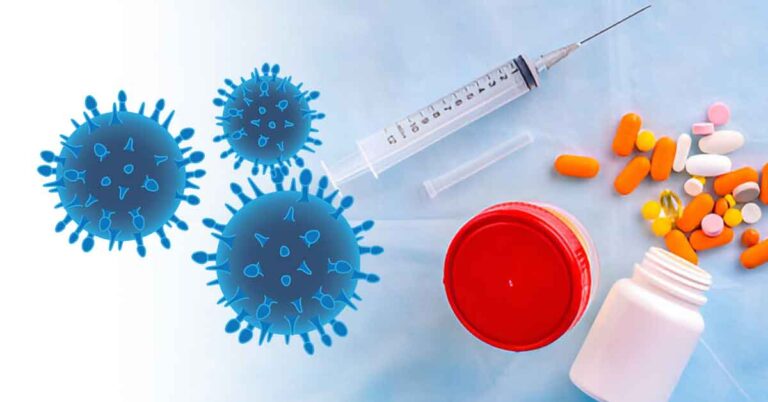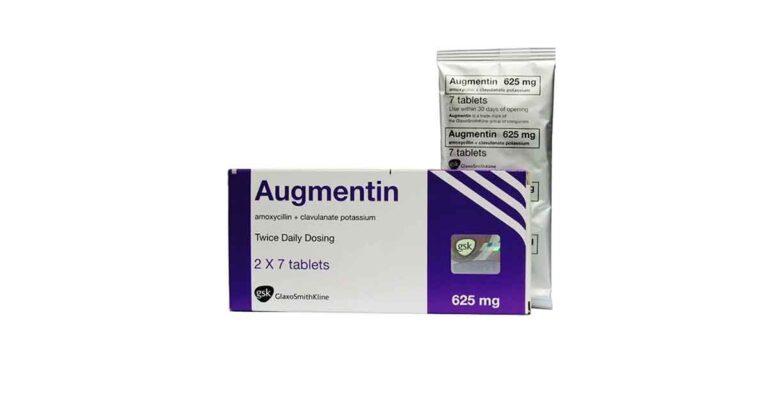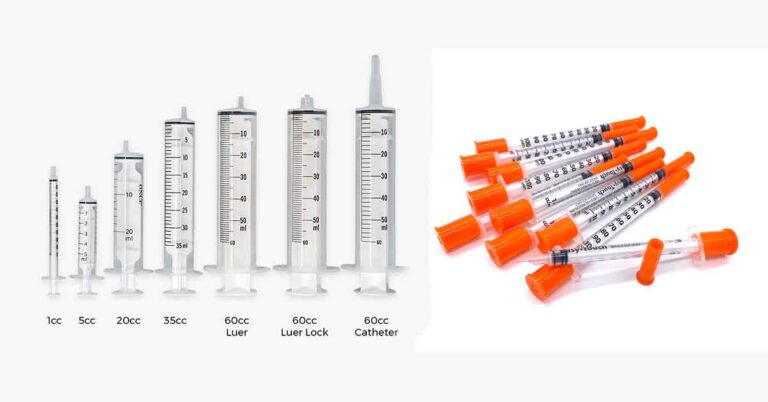RIbwort plantain, or buckhorn plantain, is a plant that belongs to the family, Plantaginaceae. It is similar to the broadleaf plantain (Plantago major), except that the leaves of broadleaf plantain are larger. Ribwort plantain grows well in disturbed areas, roadsides, lawns, open woodlands, pastures, and grasslands.
The plant is a perennial herbaceous plant. It can grow up to 80 cm, has a thick rhizome, and fibrous roots. The leaves are lanceolate, glabrous, or with sparse hairs. It also produces white flowers. The seed is a capsule that contains 1–3 seeds. Seeds are yellow-brown, dark-brown, or black, oblong-shaped, and mucilaginous when wet.
Ribwort plantain is originally from Europe and Central Asia, but can be found in Canada, South America, the West Indies, tropical and Southern Africa, Madagascar, Japan, Australia, New Zealand. It is considered an unwanted weed in some states in the US.
Other names include buckhorn plantain, English plantain, black jack, black plantain, narrowleaf plantain, lance-leaf plantain, ribgrass, and lamb’s tongue.
The leaves can be eaten raw or cooked. It can also be used in soups, salads, or baking. The mucilaginous seed is used in making ice creams, as a thickener in cosmetics, and in gelling culture media.
In traditional medicine, it is used to manage respiratory tract symptoms, mouth, throat, skin diseases, insect bites, inflammation in the skin, muscle pain, hemorrhoids, diarrhea, and infections.
It is available as syrup, infusion, herbal drinks, dried leaf, whole or comminuted or powdered, dry extract, and liquid extract.
Composition
Ribwort plantain contains iridoid glycosides aucubin and catalpol. Other constituents are phenylethanoids such as acteoside (verbascoside), cistanoside F, lavandulifolioside, plantamajoside and isoacteoside, polysaccharides, triterpenoids (loliolide, ursolic acid, and oleanolic acid). Fatty acids such as palmitic acid, linolenic acid, linoleic acid, myristic acid are also obtained.
There are flavonoids and phenolic compounds such as chlorogenic acid, rosmarinic acid, hesperidin, luteolin, apigenin and hyperoside.
The polysacharides include L-mannose, D-glucose, D-glucuronic acid, D-galactose, D-galacturonic acid, L-arabinose, D-mannose, L-fructose and D-xylose.
Nutritional Composition
Ribwort plantain fresh leaves collected from southeastern Spain contains some amounts of moisture, proteins, carbohydrates, dietary fiber, lipids, and ash.
Other content include carotene, vitamin C, nitrate, and oxalic acid. Mineral composition includes sodium, magnesium, calcium, iron, zinc, phosphorus, copper, cadmium, cobalt, arsenic, and nickel.
Health Benefits of Ribwort Plantain
Plantago lanceolata has antioxidant, antibacterial, anti-inflammatory, diuretic, antiasthmatic, anti-cancer, and wound healing ability.
Antioxidant property: Ribwort plantains many phenolic acids, flavonoid, and phenylethanoid glycoside compounds. The highest phenolic compounds include high amount of verbascoside from the aerial parts, and other compounds such as chlorogenic acid, rosmarinic acid, hesperidin, and hyperoside.
Oxidative stress cause cancer, diabetes, cardiovascular diseases, and neurodegenerative diseases such as Parkinson’s, Huntington’s, Alzheimer’s disease. Antioxidants helps prevent such diseases.
Antimicrobial activity: Extracts of P. lanceolata inhibit bacteria such as S. pneumoniae, MRSA, S. aureus, S. boydii, E. coli, P. mirabilis, and K. pneumoniae.
Gastrointestinal activities: Plantago is used in treating abdominal pain, mucilage from the plant is a laxative, purgative, and astringents. The seed contains a high level of dietary fiber, which means it is a natural laxative.
Anti-Inflammatory activity: Animal studies suggest extracts of P. lanceolate exhibit anti-inflammatory activity by inhibiting COX-1.
Antispasmodic activity: Compounds such as aucubin, lavandulifolioside, isoacteoside, catalpol peracetate, plantamajoside, acteoside, and luteolin inhibits the ACh-induced contractions of the guinea-pig ileum.
Anticancer effect: Some compounds in ribwort plantain such as gallic acid, apigenin, luteolin-7-O-glucoside chlorogenic, and vanillic acid are cytotoxic. Other compounds such as phenols, and terpenoids prevent breast cancers.
Promotes wound healing: The plant is used to treat inflamed wound, blister, swelling, prevents bleeding and repairs damaged tissue. It enhances the tissue levels of zinc and copper, indicators of wound healing. In a study, the extract reduces the levels of TBARs in mice and rats.
The root extract is combined with the root of M. vulgare to treat rattlesnake bite.
Relief of gout/arthritis: Ribwort plantain is combined with honey or wine in the treatment of gout, or with salt in arthritis treatment.
Relieves cough: Herbal tea from the leaves’ infusion are used as cough medicine. It is a demulcent, emollient, and expectorant used to treat oral or pharyngeal irritations, and dry cough.
Use in cosmetic industry: The leaves are used in cosmetic industry to produce lotion, creams, and face masks. It has antibacterial, keratolytic, and anti-inflammatory activities.
References
- https://www.feedipedia.org/node/114
- https://plants.ces.ncsu.edu/plants/plantago-lanceolata/
- https://www.ema.europa.eu/en/documents/herbal-monograph/final-community-herbal-monograph-plantago-lanceolata-l-folium_en.pdf
- https://downloads.hindawi.com/journals/jchem/2022/1532031.pdf
- https://www.inaturalist.org/taxa/53178-Plantago-lanceolata
- https://www.degruyter.com/document/doi/10.1515/opag-2021-0035/html?
- https://www.sciencedirect.com/science/article/abs/pii/S2212429218308861

